What is Retina ?
The retina, also called “Aankh ka parda”, is the innermost layer of the eye. It is the light sensitive layer of the eye. If something goes wrong here, this information doesn’t reach the brain and we cannot see - in other words, we lose our vision.
Retina & Vitreous
The retina, also called “Aankh ka parda”, is the innermost layer of the eye. It is made up of millions of light-sensitive cells (rods and cones) and other nerve cells. The retina converts light entering the eye into neural signals and sends this information to the brain via the Optic Nerve, allowing us to see.
The Vitreo-retinal Service at Shroff Eye Centre offers decades of expertise in the diagnostics, medical retina and surgical retina. Our retina specialists are amongst the best in the country and are aided by the latest equipment to help treat your retina condition.
Common conditions of the Retina
Diabetic Retinopathy
Diabetics have a high chance of developing this condition... Read More
Retinal tear
A retinal tear occurs when the Vitreous (a clear, gel-like substance in the center of our eyes) shrinks and tugs on the retina leading to a tear in it... Read More
Retinal Detachment
A condition where the retina layer gets separated from the other tissues at the back of the eye leading to a loss of vision... Read More
Vascular Occlusions
Central & Branch retina artery and vein occlusions... Read More
Macular hole
Small defect in the central part of the retina called the Macula. It causes distorted vision as the macula is responsible for sharp, central vision... Read More
Macular Degeneration
The cells in the central part of your retina (macula) begin to deteriorate and causes blurred central vision or a blind spot in the center of the visual field... Read More
Retinitis Pigmentosa
Retinitis pigmentosa is an inherited, progressive & degenerative disease- it slowly affects the retina leading to loss of vision... Read More
Retinopathy of Prematurity
This occurs in premature babies who are given oxygen to save their lives. If caught and treated early, vision may be restored to these children... Read More
When do you need retina care?
Many retinal diseases share some common signs and symptoms. These may include:
- Sudden appearance of flashes and floaters
- Seeing floating cobwebs or floaters in your vision
- Sudden blurry vision
- Distotrted vision (straight lines look wavy)
- Defects in the side vision
- Loss of vision


Treatment of Retina Problems
Correctly diagnosing and treating retinal diseases is a complex and challenging task. Whether you require intravitreal injections, retina laser, vitrectomy or scleral buckling- this can only be decided after we do a thorough checkup of your eyes. At Shroff Eye Centre, Our highly experienced retina specialists are experts in diagnosing and treating even the most complex retina problems. Equipped with advanced medical & surgical facilities, we do our best to help your eyes.
when do you need retina care?
Many retinal diseases share some common signs and symptoms. These may include:
- Sudden appearance of flashes and floaters
- Seeing floating cobwebs or floaters in your vision
- Sudden blurry vision
- Distotrted vision (straight lines look wavy)
- Defects in the side vision
- Loss of vision
Treatment of Retina Problems
Correctly diagnosing and treating retinal diseases is a complex and challenging task. Whether you require intravitreal injections, retina laser, vitrectomy or scleral buckling- this can only be decided after we do a thorough checkup of your eyes. At Shroff Eye Centre, Our highly experienced retina specialists are experts in diagnosing and treating even the most complex retina problems. Equipped with advanced medical & surgical facilities, we do our best to help your eyes.
listen to our experts
important advice for diabetics
Dr. CYRUS Shroff
Prevention OF diabetic retinopathy?
Dr. Daraius Shroff
why choose
shroff eye centre
for your treatment?
LEADERS IN EYE CARE SINCE 1914
-

NABH ACCREDITED
-

ISO 9001:2015
Accredited -

ZEE HEALTHCARE
LEADERSHIP AWARD -

Radio City Icons
Award -

AWARDED TRUSTED
EYE CENTRE -

Times Health Survery
Top Eye Clinics in
North India & Delhi 
best eye hospitalS
in north india


Millions of
happy patients

Over 40 years
of experience

In Top 3 Eye
Centres of NCR

Internationally
acclaimed retina
team

Advanced
Retina Care
TESTIMONIALS
Don’t just take our word. Here’s what patients have to say about us!

I was delighted to visit Shroff’s Eye Hospital and see that it has been refurbished and expanded in a Spacious and beautiful manner. This well equipped and competently staffed Eye Centre has become a facility of excellence which will be a boon to the people of Delhi. I wish the Shroff Eye Centre the people and saving their eye sight.
Shri. K. R. Narayanan, President of India
(1997-2002), Rashtrapati
Bhawan

I am of firm opinion that Dr. Shroff’s institution is the best eye institution. I am fully satisfied with the care and treatment of my eyes. I had heard lot of praise about this institution, I got the same. I wish all the best for this institution.
Shri. Raj Nath Singh,
Defence Minister of India

This is undoubtedly the finest institution for eyes. Not only is every single staff member highly professional and brilliantly competent, everyone is warm, patient understanding and patient friendly. God bless all of you.
Shri. Prannoy Roy
Founder, NDTV India
client speaks
Successful retina detachment Surgery in Delhi NCR
Rajiv Miglani
Diabetic Retinopathy ke badiya doctor
Dr. Daraius Shroff
Successful retina detachment Surgery in Delhi NCR
Rajiv Miglani
Diabetic Retinopathy ke badiya doctor
Dr. Daraius Shroff
BASED ON 5K+ REVIEWS


mukul giri
We had our Retina Detachment surgery. Dr Shroff is the best retina surgeon and the surgery was done with utmost precautions and results were outstanding.


Bhaskar Azad
Excellent services and great care. The whole staff was very professional and took great care of my eye - I had a retina issue which was resolved completely.


Gauri Jain
Gagan Bhatia sir is the Best doctor in East Delhi for Retina checkup. We are satisfied with his treatment..Very polite and well versed.

what are the Types of
Diabetic Retinopathy?
Background/ Non proliferative Diabetic Retinopathy
Lorem ipsum dolor sit amet, consectetur adipisicing elit, sed do eiusmod tempor incididunt ut labore et dolore magna aliqua. Ut enim ad minim veniam, quis nostrud exercitation ullamco laboris nisi ut aliquip ex ea commodo consequat.
Proliferative Diabetic Retinopathy
Lorem ipsum dolor sit amet, consectetur adipisicing elit, sed do eiusmod tempor incididunt ut labore et dolore magna aliqua. Ut enim ad minim veniam, quis nostrud exercitation ullamco laboris nisi ut aliquip ex ea commodo consequat.
Retina Facilities at Shroff Eye Centre
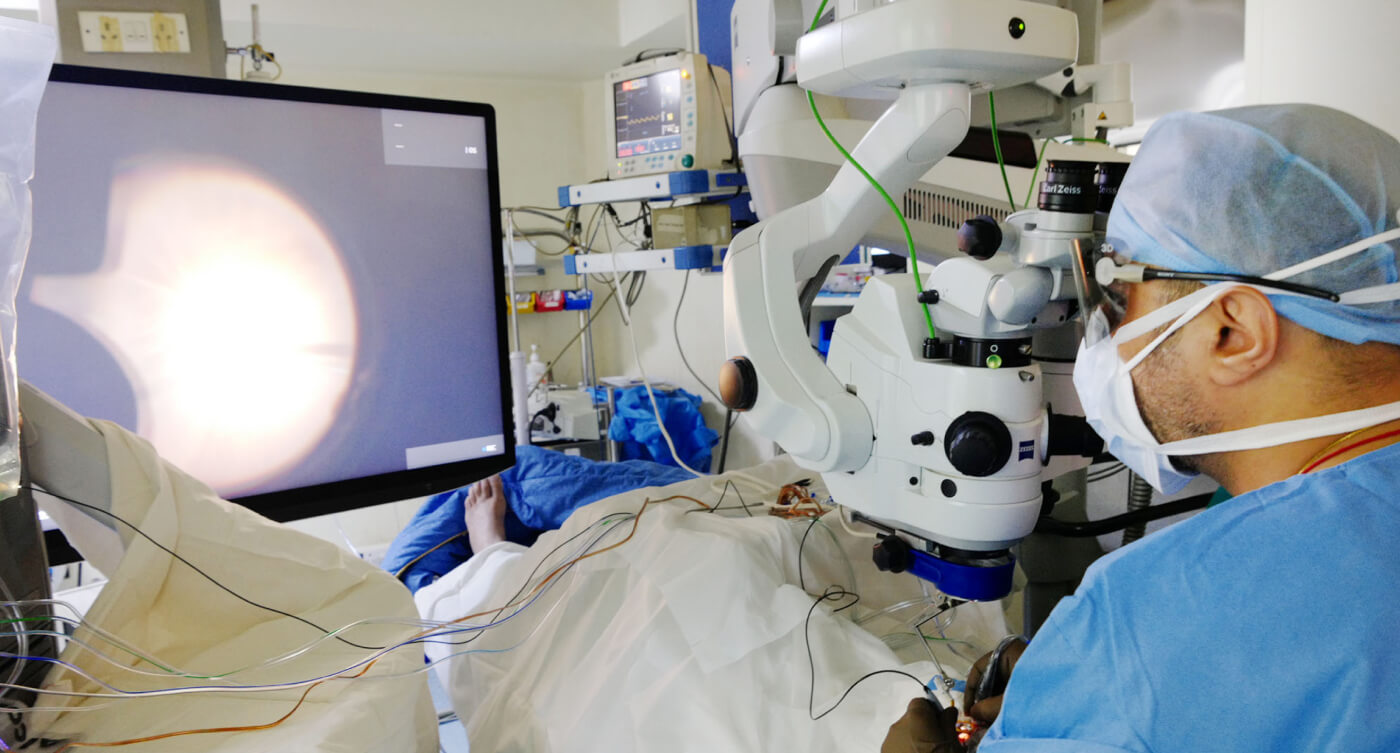
Can
diabetic retinopathy
be treated?
Yes, Diabetic retinopathy is very much treatable when diagnosed at the right time. Management involves investigations such as Fluorescein angiography (FFA) and Optical coherence tomography (OCT) followed by diabetic retinopathy treatment.
At Shroff Eye Centre, we have a dedicated team of Vitreo-Retinal specialists committed to providing the best possible care to protect your vision.
Prevention of
Diabetic Retinopathy
It is a preventable condition.
If you’re diagnosed with diabetes, it is important to remember to:

Get regular complete eye exams including retina check-up once a year or more frequently if advised. EARLY DETECTION of diabetic retinopathy is the best protection against sight loss. This allows us to begin treatment before sight is affected.

Control blood sugar levels.

Control associated conditions like hypertension, increased blood lipids & cholesterol and renal (kidney) disease.

Exercise regularly.

Not miss follow up visits with your eye doctor.

Watch out for any changes in vision.
However, good control in itself does not guarantee freedom from diabetic retinopathy. This is why regular eye exams are a must for diabetics.
Frequently
asked questions
Why does Diabetic Retinopathy occur?
DIABETES MELLITUS impairs the body’s ability to use and regulate blood sugar (glucose). High sugar levels cause changes in the blood vessels of many organs of the body including the eye, particularly in the retina. The weakened blood vessels may leak fluid or blood- damaging the retina and can lead to severe vision loss or even blindness.
Do all diabetics develop diabetic retinopathy?
Do all diabetics develop diabetic retinopathy?
Diagnostics forms the backbone of every successful treatment. We have the latest and the most advanced retina equipment to diagnose all retina problems.
1. Fundus fluorescein angiography (FFA)
2. Optical coherence tomography (OCT)
3. Optical coherence tomography-angiography (OCT-A)
4. Optos daytona imaging system -fundus photograph
5. Retina ultrasound machine
Advanced Argon-Laser System for Retina Photocoagulation
Photodynamic Therapy laser system for treatment of Macular Degeneration.
Advanced Micro Incision Vitreous surgery (MIVS) System.
3D imaging Artevo System.
Our retina surgeons cater to advanced retina surgery requirements including Retina Detachment, Ocular Trauma, Diabetic Micro Incision Vitreous surgery, Macular Hole surgery etc.
Additionally, a team of caring doctors is available at a retina helpline number to all patients for immediate attention.
Frequently Asked Questions
What is the retina?
The retina, also called “Aankh ka parda”, is the innermost layer of the eye. It is made up of millions of light-sensitive cells (rods and cones) and other nerve cells. The retina converts light entering the eye into neural signals and sends this information to the brain via the Optic Nerve, allowing us to see. If something goes wrong here, this information doesn’t reach the brain and we cannot see - in other words we lose our vision.
Why is the retina so important? What happens when the retina gets damaged?
The retina is a very delicate and fine layer at the back of the eye which is derived from neural tissue during embryonic development. Just like the brain, it cannot regenerate. The main function of the retina is to convert the light that enters the eye to signals that the brain can process and interpret.
Like in a camera there is a lens and a sensor at the back; similarly in the eye, there is a lens and the retina at the back (which functions like the sensor). If the sensor is damaged, the photo won’t be clear –similarly in the eye, if the retina gets damaged, no matter if the lens is changed, the image that is seen will not be clear. This is why the retina is very important for our vision and it is important to keep it healthy.
How will you know if you have a retina problem?
Many retinal diseases share some common signs and symptoms. If you experience any of these, please visit a retina specialist immediately. These may include:
- Sudden appearance of flashes and floaters
- Seeing floating cobwebs or floaters in your vision
- Sudden blurry vision
- Distorted vision (straight lines look wavy)
- Defects in the side vision
- Loss of vision
What are the available retina treatments in Delhi NCR?
Correctly diagnosing and treating retinal diseases is a complex and challenging task. Whether you require intravitreal injections, retina laser, vitrectomy or scleral buckling- this can only be decided after we do a thorough checkup of your eyes and do some ocular imaging. All this advanced treatment for Retina problems in Delhi NCR is available at Shroff Eye Centre
At Shroff Eye Centre, our highly experienced vitreo-retina specialists are experts in diagnosing and treating even the most complex retina problems. Equipped with advanced medical & surgical facilities, we do our best to help your eyes.
What is the cost of Retina surgery?
The cost of retina surgery depends on a number of factors- the extent of the retina problem, the condition of the retina, the condition of the patient, intra-operative decisions- thus it is difficult to give an exact estimate. You can discuss this when you visit us for an appointment.
diagnostics
Diagnostics forms the backbone of every successful treatment. We have the latest and the most advanced retina equipment to diagnose all retina problems.
-
1
-
Fundus fluorescein angiography (FFA)
-
2
-
Optical coherence tomography (OCT)
-
3
-
Optical coherence tomography-angiography (OCT-A)
-
4
-
Optos daytona imaging system -fundus photograph
-
5
-
Retina ultrasound machine
Retina Laser
-
1
-
Advanced argon-laser system for retina photocoagulation
-
2
-
Photodynamic therapy laser system for treatment of Macular Degeneration.
Retina Surgery (MIVS)
-
1
-
Advanced micro incision vitreous surgery (MIVS) system
-
2
-
3D imaging artevo system
Our retina surgeons cater to advanced retina surgery requirements including Retina Detachment, Ocular Trauma, Diabetic Micro Incision Vitreous surgery, Macular Hole surgery etc.
Additionally, a team of caring doctors is available at a retina helpline number to all patients for immediate attention.
Frequently asked questions
What is the retina?
The retina, also called “Aankh ka parda”, is the innermost layer of the eye. It is made up of millions of light-sensitive cells (rods and cones) and other nerve cells. The retina converts light entering the eye into neural signals and sends this information to the brain via the Optic Nerve, allowing us to see. If something goes wrong here, this information doesn’t reach the brain and we cannot see - in other words we lose our vision.
Why is the retina so important? What happens when the retina gets damaged?
The retina is a very delicate and fine layer at the back of the eye which is derived from neural tissue during embryonic development. Just like the brain, it cannot regenerate. The main function of the retina is to convert the light that enters the eye to signals that the brain can process and interpret.
Like in a camera there is a lens and a sensor at the back; similarly in the eye, there is a lens and the retina at the back (which functions like the sensor). If the sensor is damaged, the photo won’t be clear –similarly in the eye, if the retina gets damaged, no matter if the lens is changed, the image that is seen will not be clear. This is why the retina is very important for our vision and it is important to keep it healthy.
How will you know if you have a retina problem?
Many retinal diseases share some common signs and symptoms. If you experience any of these, please visit a retina specialist immediately. These may include:
- Sudden appearance of flashes and floaters
- Seeing floating cobwebs or floaters in your vision
- Sudden blurry vision
- Distorted vision (straight lines look wavy)
- Defects in the side vision
- Loss of vision
What are the available retina treatments in Delhi NCR?
Correctly diagnosing and treating retinal diseases is a complex and challenging task. Whether you require intravitreal injections, retina laser, vitrectomy or scleral buckling- this can only be decided after we do a thorough checkup of your eyes and do some ocular imaging. All this advanced treatment for Retina problems in Delhi NCR is available at Shroff Eye Centre.
At Shroff Eye Centre, our highly experienced vitreo-retina specialists are experts in diagnosing and treating even the most complex retina problems. Equipped with advanced medical & surgical facilities, we do our best to help your eyes.
What is the cost of Retina surgery?
The cost of retina surgery depends on a number of factors- the extent of the retina problem, the condition of the retina, the condition of the patient, intra-operative decisions- thus it is difficult to give an exact estimate. You can discuss this when you visit us for an appointment.
Blogs
Other services @ SEC

LASIK &
Refractive
Surgery

Dry Eye

Cataract

Glaucoma

Pediatric
Ophthalmology

Squint
Orthoptics

Uvea

Cornea






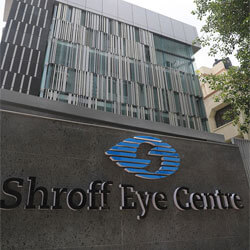
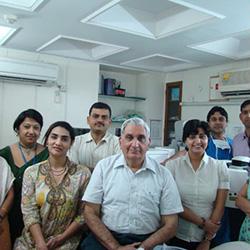
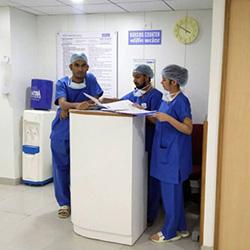
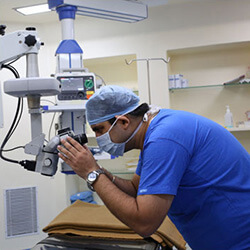
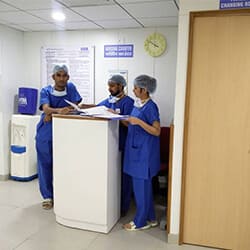
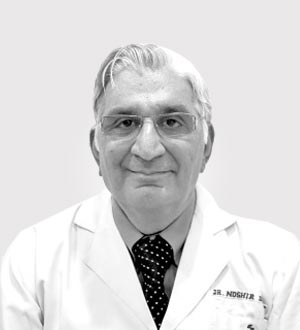



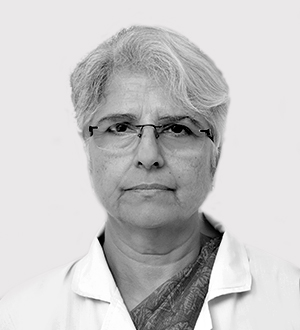

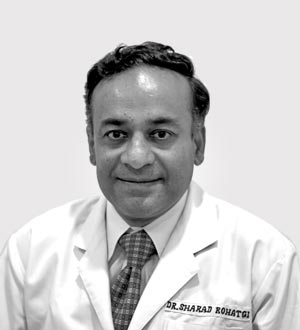



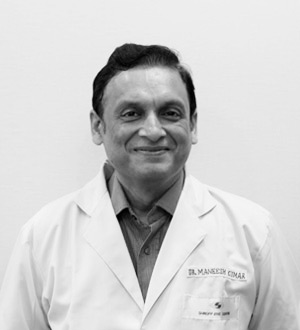

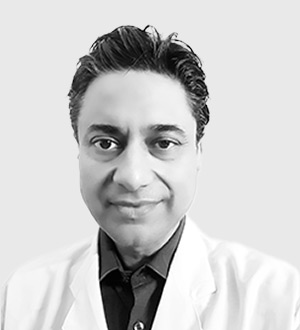


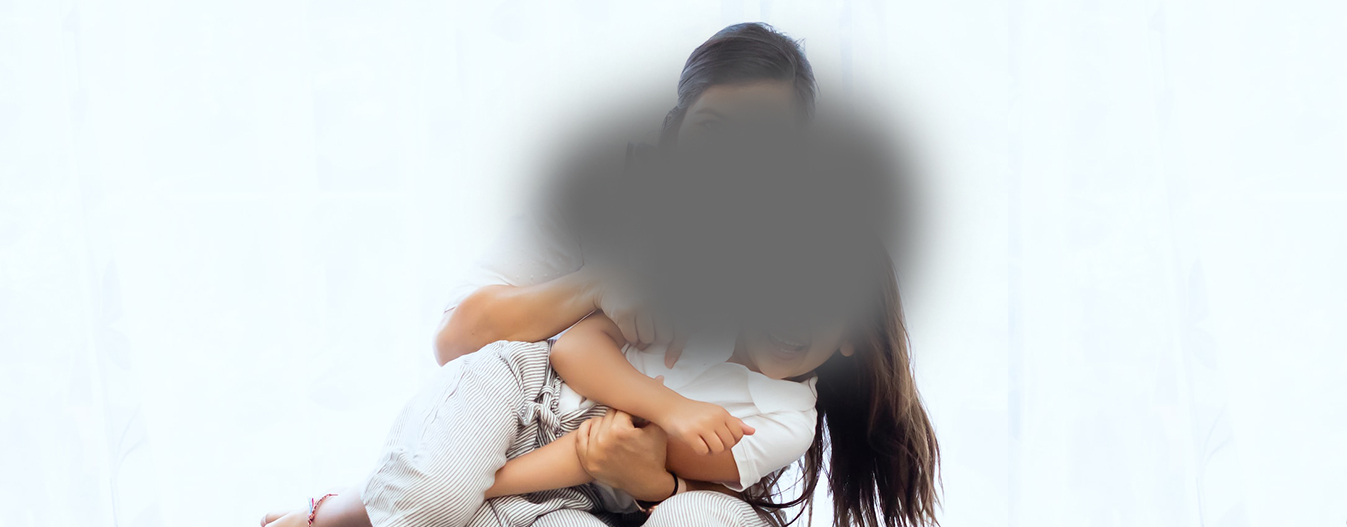
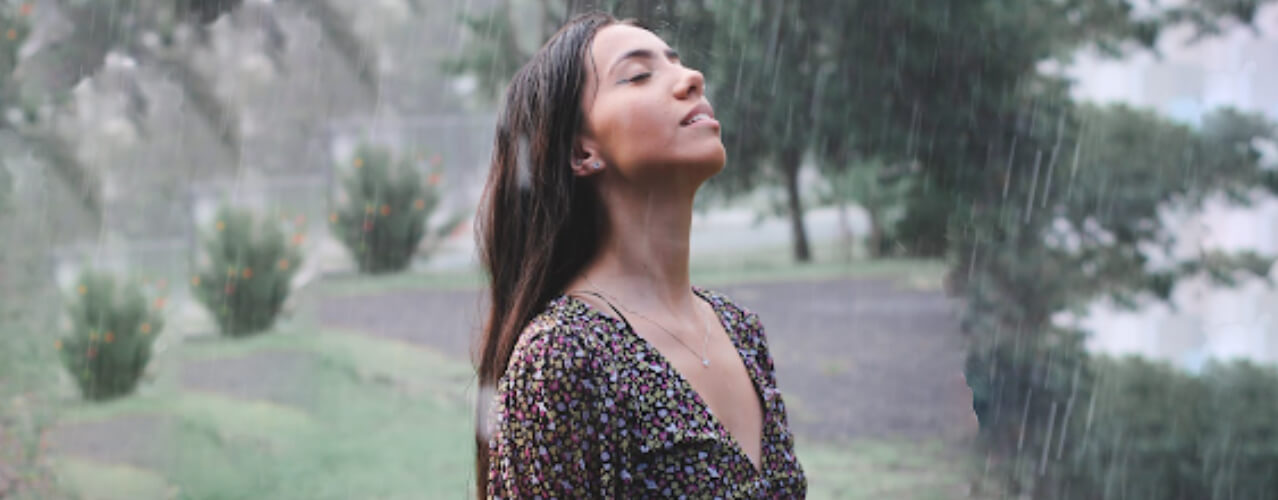

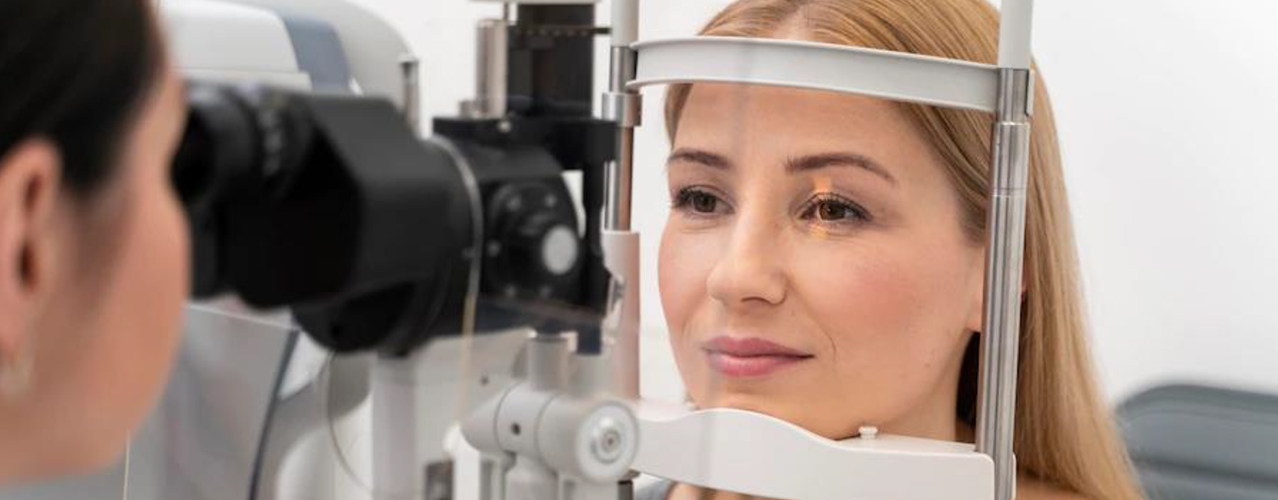

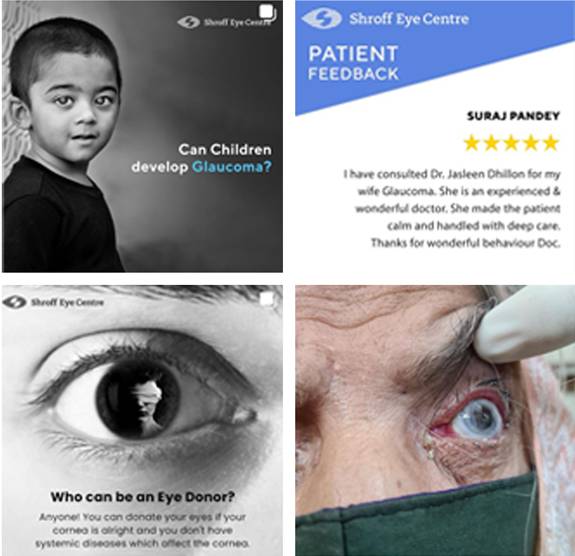

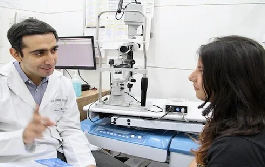
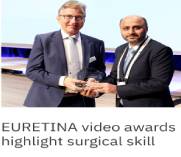



 Call Now
Call Now Book an
Book an Chat
Chat  Our
Our